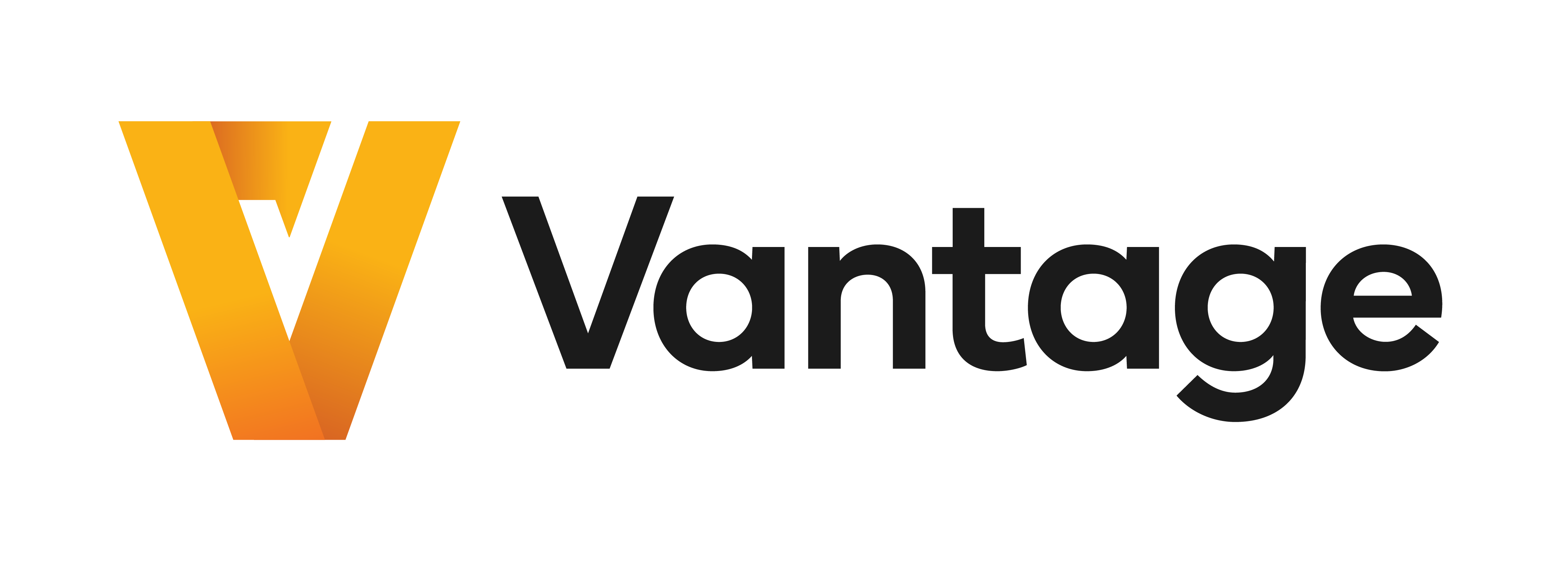As we look towards 2023, both public and private healthcare organisations in the UK are likely to face a range of challenges that could impact their ability to provide high-quality care to patients. We examine some of the potential challenges that these organisations may encounter in the coming year, including funding constraints, staff shortages, an aging population, and rising healthcare costs.
What challenges will UK healthcare organisations potentially face in 2023?
1. Funding and Budget Constraints
Healthcare organisations in the UK, both public and private, are likely to face increasing budget constraints as the cost of healthcare continues to rise. Funding and budget constraints may make it difficult for healthcare organisations to provide high-quality care to patients and could potentially lead to cuts in staff and resources.
As funding and budget constraints continue to have an impact on healthcare organisations across the UK they must look to operate more efficiently. With Vantage Software healthcare organisations benefit from excellent savings and efficiencies, with access to over 40 customisable and fit for purpose software modules, for one low cost annual licence, eliminating the need for multiple software licences, ultimately saving money that could be reallocated elsewhere.
2. Staff Shortages
The healthcare sector in the UK is already facing a shortage of staff, and this is likely to continue throughout 2023. This could lead to increased workload and stress for existing staff and may make it difficult to provide timely care to patients. To combat the effect of staff shortages healthcare organisations can look to develop training and retention programs to encourage more people to enter the healthcare sector. As well as this, investing in an effective electronic system like Vantage could help organisations simplify processes such as incident reporting, risk management and compliance, to ensure staff are spending less time filling out complicated forms that are not fit for purpose, giving them more time to focus on providing expert care.
3. Aging Population
The UK’s population is aging, and this is likely to increase the demand for healthcare services in 2023. This could put additional strain on already stretched healthcare organisations and will amplify the problems healthcare organisations face with staff shortages and funding concerns.
4. Rising Healthcare Costs
The cost of healthcare is likely to continue to rise in 2023, which may make it more difficult for some people to access the care they need. This could potentially lead to increased pressure on healthcare organisations to provide affordable care. In order to address the issue of increasing costs, healthcare organisations must look to reduce costs across the organisation, one area being digital systems. With Vantage’s One Licence healthcare organisations could begin reducing the number of software licences they pay for and start using our centralised system with access to over 40 solutions, all for one low-cost annual licence.
5. Advances in Technology
While advances in technology can bring many benefits to the healthcare sector, they can also present some challenges. For example, the adoption of electronic health records and other digital technologies may require significant investments in training and infrastructure, and there may be difficulties in ensuring the security and privacy of patient data. However, harnessing an effective, efficient and secure we-based system like Vantage, could save healthcare organisations valuable time and resources, with continuous support, full training and ready to use module templates available, implementation and integration could not be easier.
Overall, it is likely that both public and private healthcare organisations in the UK will face a number of challenges in 2023. To address these challenges, it will be important for healthcare organisations to be proactive in finding ways to increase efficiency, reduce costs, and improve the quality of care they provide to patients, this may involve investing in new technologies, training staff in new skills, and finding innovative ways to deliver care.










